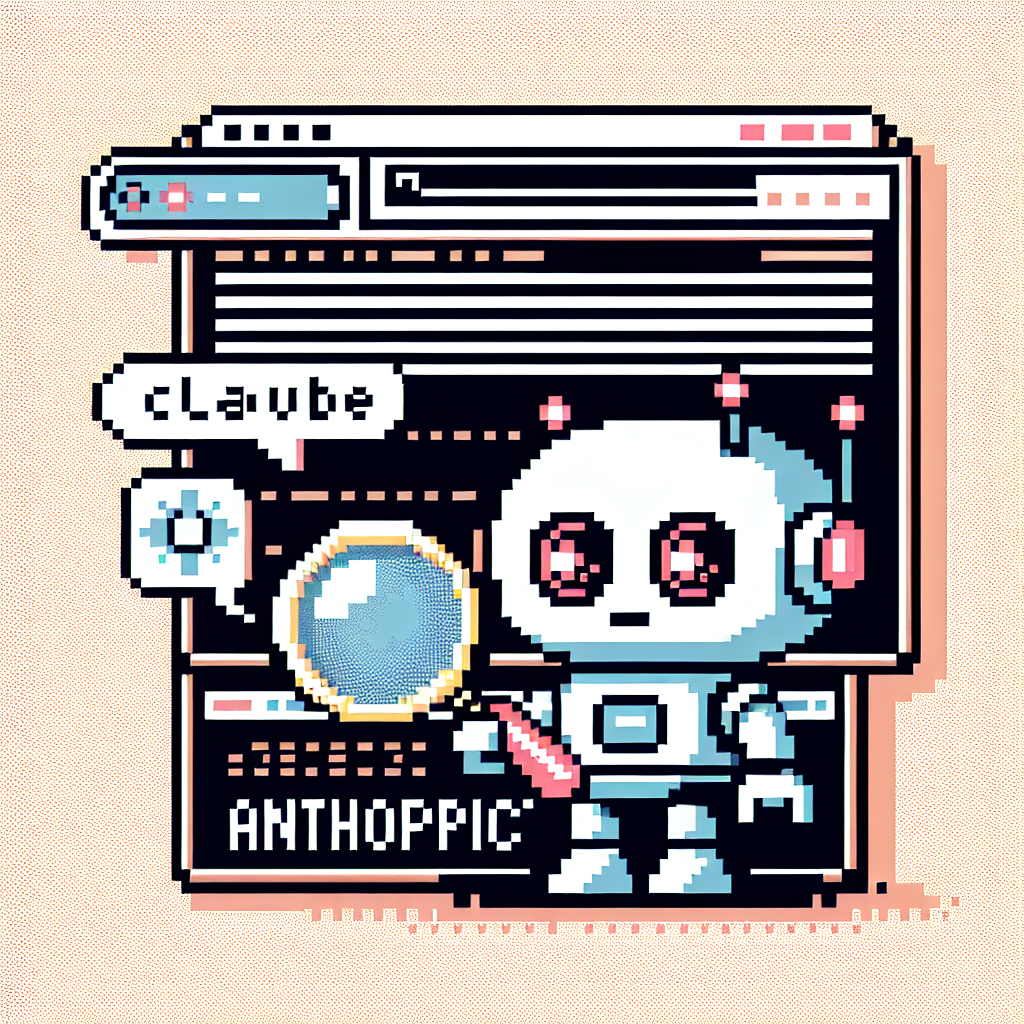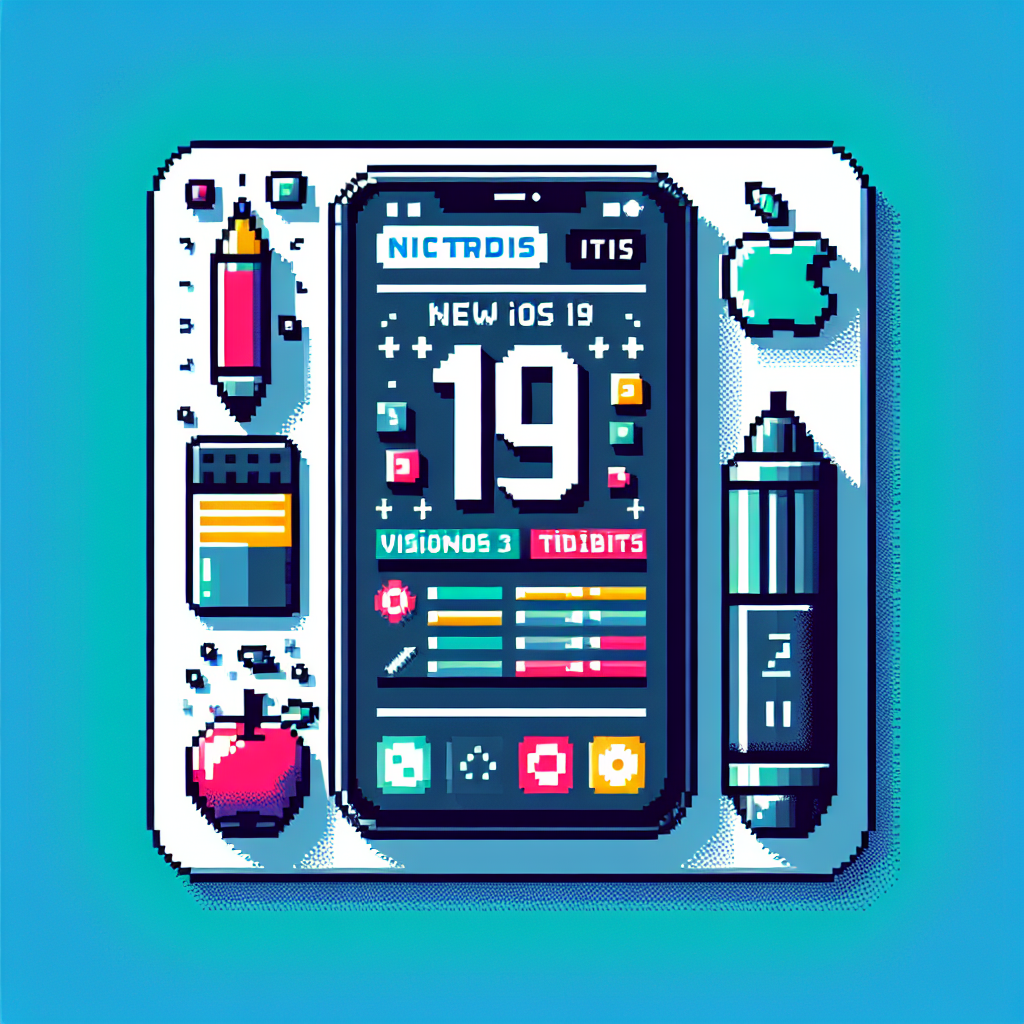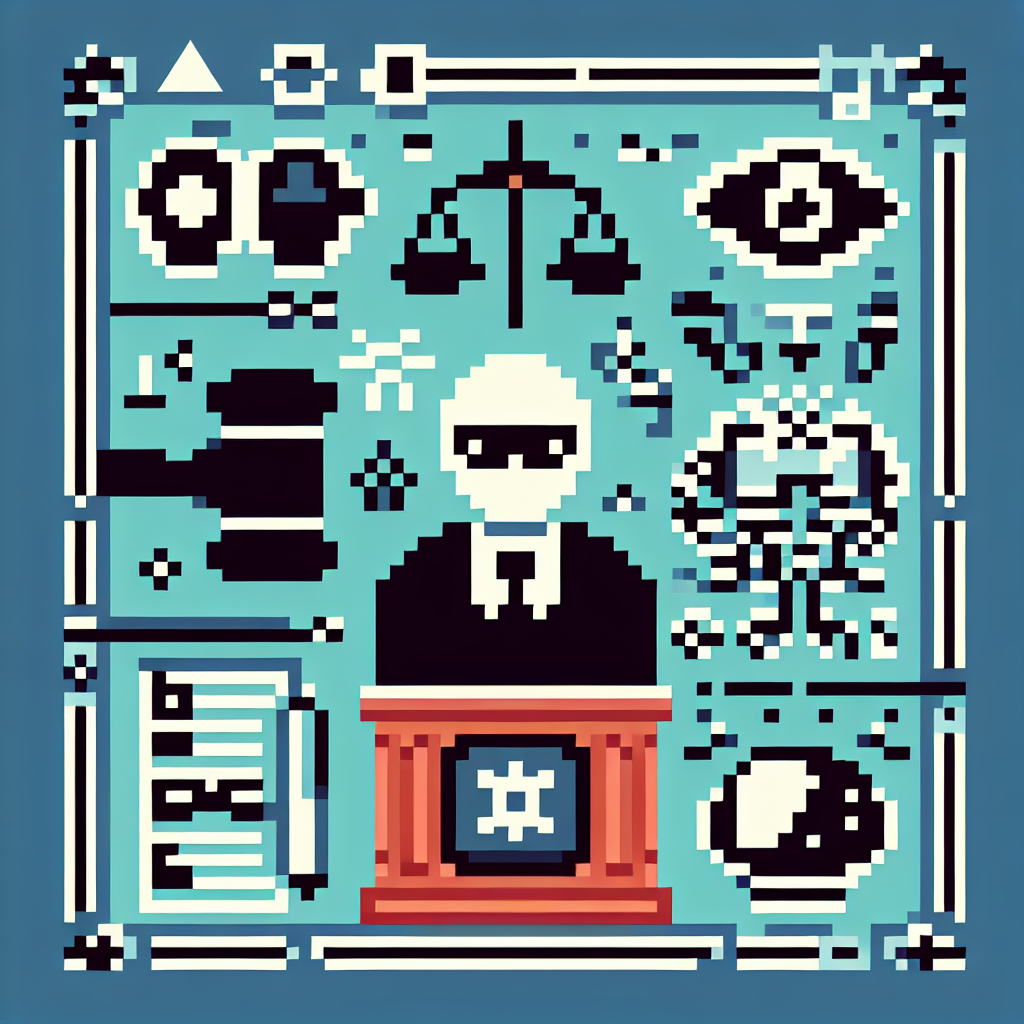Anthropic appears to be using Brave to power web search for its Claude chatbot - TechCrunch | Analysis by Brian Moineau
Title: When Claude Met Brave: A New Chapter in AI and Web Search
In the ever-evolving landscape of artificial intelligence, the marriage between chatbots and web search engines is akin to a modern-day fairy tale. The latest development in this narrative is the intriguing partnership between Anthropic's AI-powered chatbot, Claude, and the privacy-focused web browser, Brave. It seems that Claude, much like a diligent student, has found a study partner in Brave to enhance its web search capabilities, as reported by TechCrunch.
A Brave New World for AI Search
Anthropic, a company founded by former OpenAI employees, has been making waves with Claude, a chatbot designed with safety and alignment in mind. The decision to pair Claude with Brave is a strategic one, given Brave's commitment to privacy and user-first browsing experiences. Brave, known for blocking invasive ads and trackers, provides a cleaner, more secure browsing experience. This aligns well with Claude's mission to be a conscientious AI companion—one that respects user privacy while delivering accurate information.
While the tech world buzzes with this collaboration, it's worth noting the broader context. The integration of AI with search engines isn't entirely new; we're witnessing a trend where AI capabilities are being harnessed to refine the search experience. Google's BERT and OpenAI's GPT series have already started to reshape how search queries are understood and processed. In this light, Claude's partnership with Brave is a continuation of this trend, but with a unique twist focused on privacy and ethical AI.
The Privacy Paradox and AI
Privacy has become a focal point in today's digital age. With increasing concerns over data security and the ethical use of AI, the Claude-Brave partnership could be seen as a response to these apprehensions. Brave's browser, with its privacy-centric ethos, offers a refreshing alternative to the data-hungry practices of some tech giants. By leveraging Brave, Claude is not only enhancing its search capabilities but also reinforcing a commitment to user privacy.
This development parallels other significant moves in the tech world. For instance, Apple's introduction of App Tracking Transparency has shifted the conversation about privacy, forcing companies to rethink their data policies. Similarly, the European Union's General Data Protection Regulation (GDPR) has set a precedent for data protection laws worldwide. In this environment, Claude's collaboration with Brave is a testament to the growing importance of privacy in tech innovations.
A Glimpse into Claude's Future
The Claude-Brave partnership might just be the beginning for Anthropic's ambitions. As AI continues to permeate various aspects of our lives, the emphasis on creating systems that are not only powerful but also ethical and privacy-conscious will become increasingly important. This move could inspire other AI developers to consider similar collaborations, where technology serves the user without compromising their privacy.
Moreover, this partnership could signal a shift in how we perceive AI and web search. As AI becomes more integrated into our daily digital interactions, the standards for privacy and ethical use will likely evolve, hopefully leading to a more balanced coexistence with technology.
Final Thoughts
In a world where data is often compared to "the new oil," the Claude-Brave partnership offers a beacon of hope for those concerned about privacy and ethical AI use. While it's still early days, the potential for Claude to reshape the AI search experience is promising. By prioritizing user privacy and delivering more refined search results, this collaboration could mark the beginning of a new era in AI-powered web interactions.
As we watch this story unfold, it's clear that the future of AI and search is not just about what we find, but also about how we find it—and who gets to see it along the way. Here's to hoping that this partnership sets a precedent for others, leading to an AI future that's as considerate as it is innovative.
Read more about AI in Business


